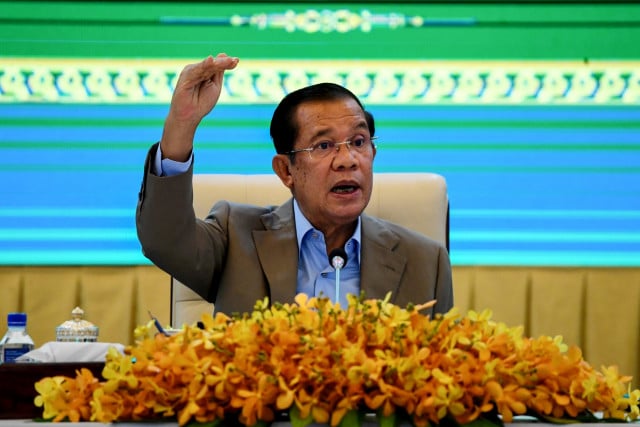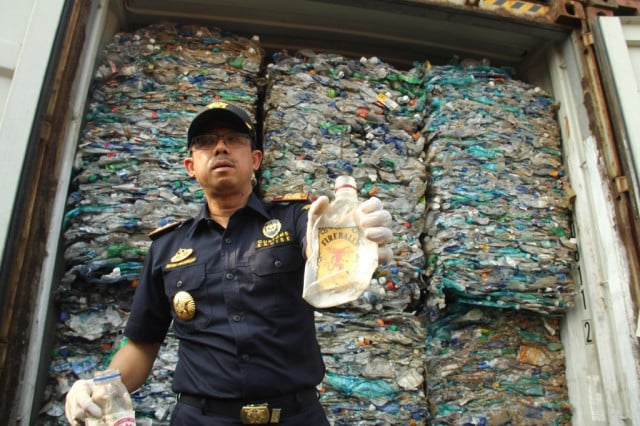Government Eyes Beer and Tobacco Taxes

- By Ou Sokmean
- and Kheav Moro Kort
- June 23, 2022 3:46 PM
Officials told to improve collection efficiency
PHNOM PENH – The government will strengthen tax collection on beer and tobacco products as part of a range of measures to increase revenue next year.
Additional measures would be taken for sectors affected by Covid-19, especially tourism, according to the draft Law on Financial Management 2023 signed by Prime Minister Hun Sen on June 8.
“To support the activities of local businesses and maintain sustainable revenue growth, the General Department of Taxation (GDT) will need to strengthen the tax collection from construction, telecommunications, mining, beer, beverage and tobacco industries,” the draft says.
GDT must increase its efficiency in collecting revenue from value added tax (VAT) on goods and services that operate e-commerce and update information on enterprises that owe tax or are in tax default, as well as reinforcing mechanisms to collect more tax which is owed.
Raising taxes on tobacco products is a win-win strategy, for the state can earn more revenue while reducing the health care costs and illness and death caused by tobacco products, said Mom Kong, executive director of the Cambodian Movement for Health.
“Adding tobacco tax will increase state revenue and further alleviate the suffering of the people. I think there is no product that can gain without loss like tobacco. For tobacco tax, not only does it not affect the people, but it also helps reduce the suffering of the people,” he said.
“An increase in taxes on tobacco products means the state has nothing to lose.”
A study by National Meanchey University in 2021 shows that 94 percent of Cambodians support doubling the tobacco tax.
Cambodia has the lowest tax on cigarettes, with 25% tax on local retail cigarettes and 31 percent for imported cigarettes, while Thailand’s tax is 70 percent, Singapore 67.5 percent, Myanmar from 50 percent to 60 percent and Vietnam at 35 percent.
If Cambodia raises the tax to 75 percent of the retail price of cigs, it will earn about $235 million over five years and $933 million over the next 15 years, according to the World Health Organisation and the World Bank.
The United Nations estimates that 15,000 Cambodia lives are lost to tobacco use every year. Tobacco-related illnesses cost about $649 million a year, equivalent to three percent of the country’s gross domestic product. Of this, $548 million was due to economic productivity losses, premature deaths and declining productivity.















